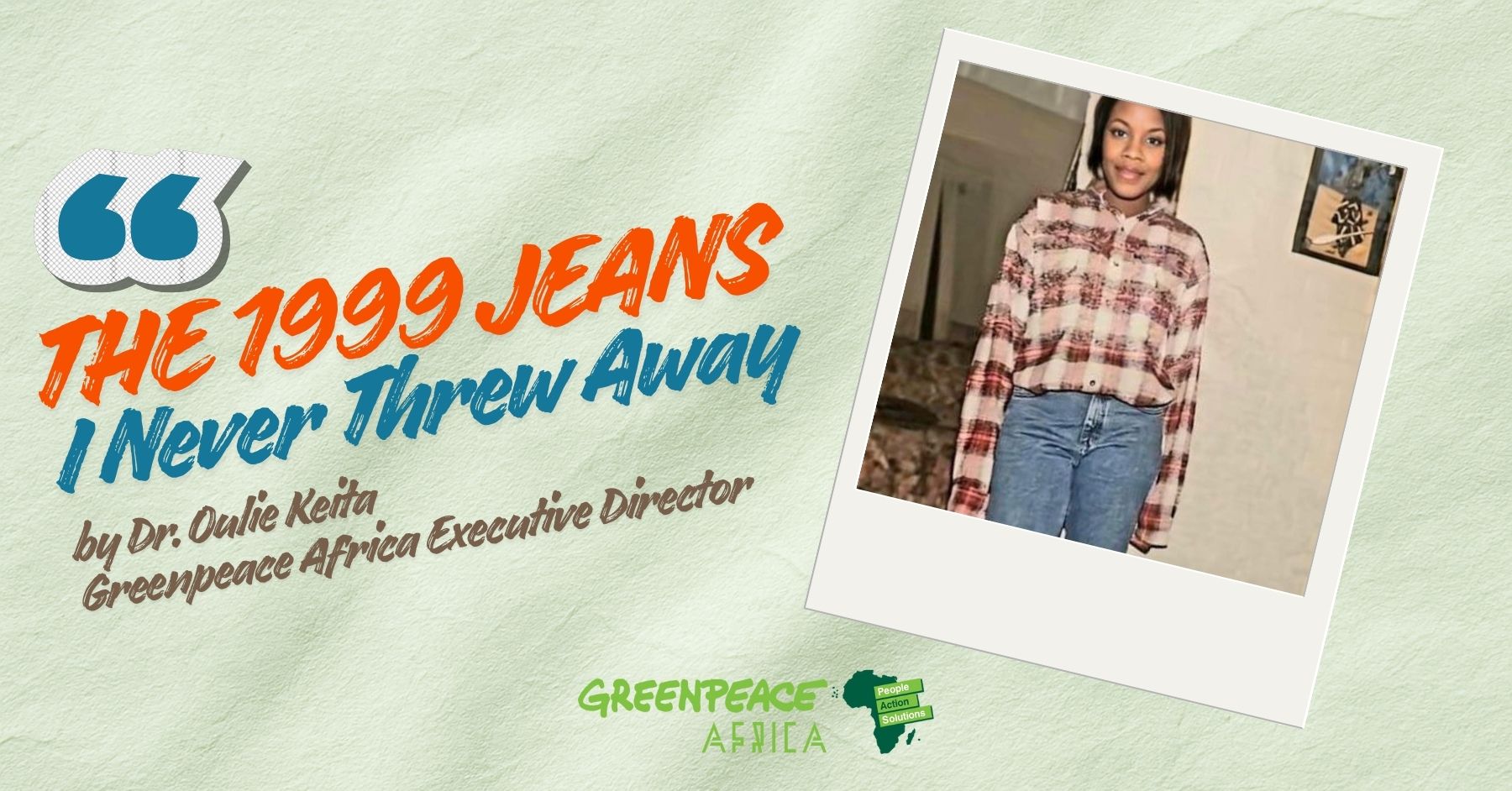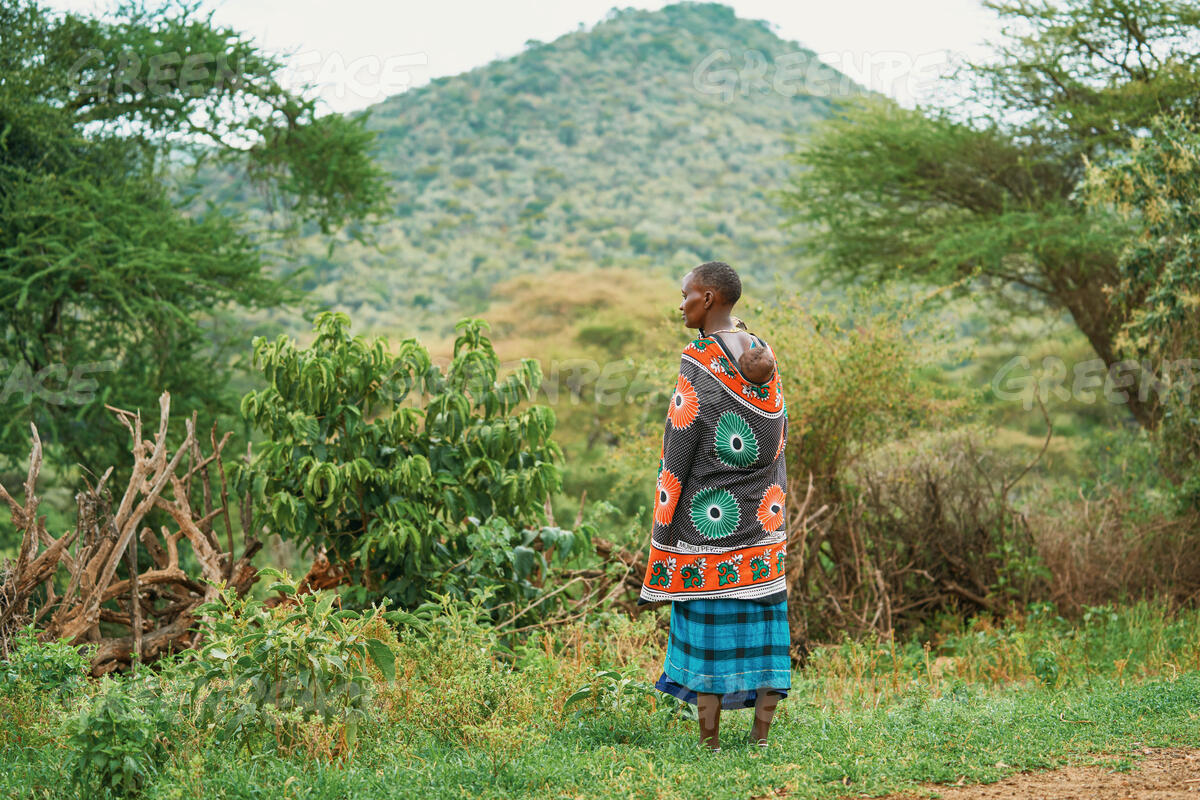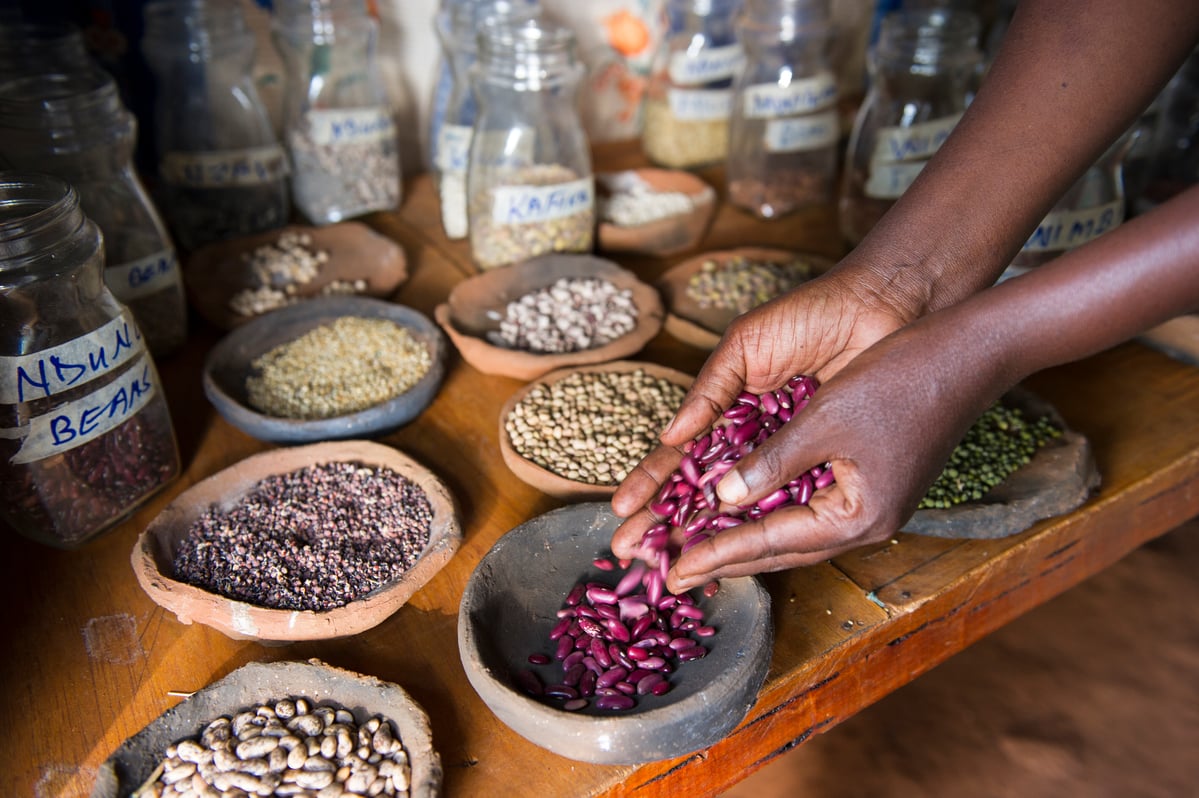Nairobi, 30 August 2022- The Kenya Plastics Pact has published a roadmap to ensure all plastic packaging in the country is recyclable or reusable by 2030. The plan by the pact’s business members and other supporters will ensure that 40% of plastic packaging is effectively recycled.
Responding to this news, Greenpeace Africa’s Communication and Story Manager, Hellen Dena has said:
“Data shows we can’t recycle our way out of the plastics crisis. Recycling does not match the scale of the plastic that’s being produced, which is one of the reasons why only 9% of all the plastic waste ever produced has been recycled. With plastic production projected to increase in the coming years, Kenya will never be able to solve this crisis with only recycling. A good benchmark can be derived from high-income countries where even with huge investments in recycling and the best available technology, the recycling rate falls short of 50% with a minimal percentage of it converted back to packaging.
“While efforts by different stakeholders in reducing plastic pollution is critical and is a clear indication of a growing trend, it isn’t enough to solve the cascade of plastic pollution in the country. The real culprits are the big polluters. As long as the companies responsible for this plastic crisis do not stop the massive production of this toxic substance, the urban landscape, the oceans and the ecosystem in general will continue to be threatened.
“Kenya has been grappling with the impacts of single-use plastics for many years now. In most of the urban areas across the country, plastic waste is clogging the waterways leading to floods and destruction. Scientists have also found microplastics in the food we eat, the water we drink and even in human blood. While the overall effects are not yet known, microplastics are known to damage human cells; there are concerns they could affect immune functions.
“To truly tackle this crisis, we need to call on the biggest polluters and other stakeholders to step up and drive change by investing in alternative delivery channels and packaging that prioritise refill and reuse models. Any solution should contribute towards a plastic-free economy that ensures a fair and equitable transition for affected workers. The members of this Plastic Pact should work towards achieving an effective legally-binding global plastics treaty to cap and reduce production, use and ultimately end single-use plastic pollution.”
Media Contacts:
Greenpeace Africa Press Desk: [email protected]
Hellen Kahaso Dena,
Communications and Story Manager,
[email protected], +254 717 104 144




Discussion
Hi, I am very interested in doing volunteer work at your organization. Maybe if you are taking up volunteers, I would gladly take up responsibilities in the great cause of protecting our environment. I strongly believe in being one with our environment. Am actually not looking for employment as I am already established at another company, just sort of a weekend time killer on Saturdays and maybe Sundays.
Thank you for your interest in the work we do. To get started, kindly fill in our volunteer application form. Click here >>> https://act.gp/3xscMLg